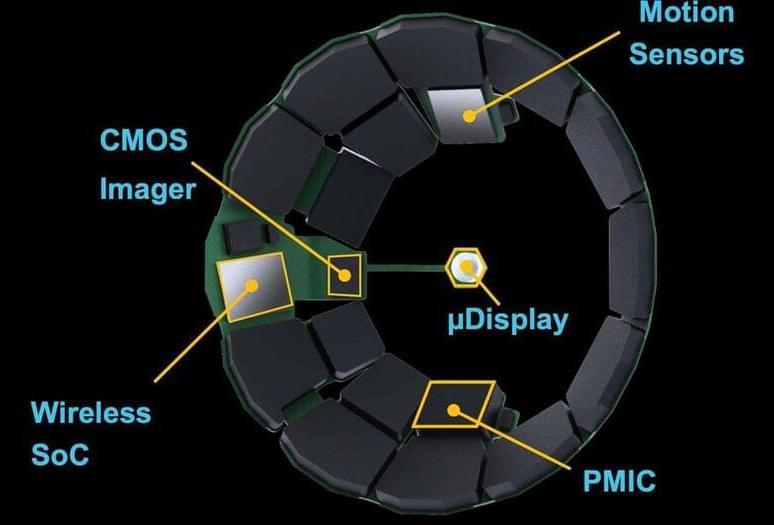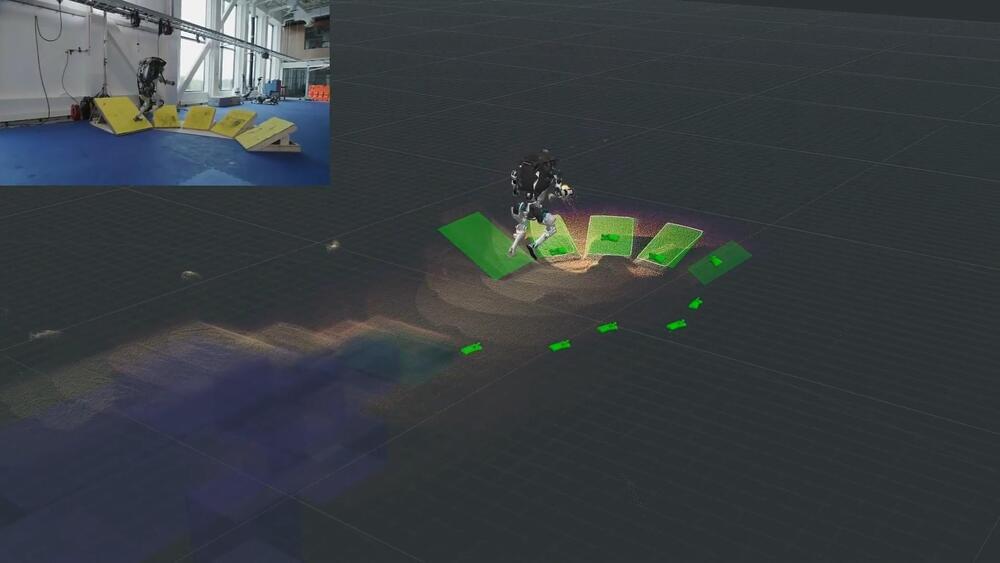Neuroscientists are the cartographers of the brain’s diverse domains and territories — the features and activities that define them, the roads and highways that connect them, and the boundaries that delineate them. Toward the front of the brain, just behind the forehead, is the prefrontal cortex, celebrated as the seat of judgment. Behind it lies the motor cortex, responsible for planning and coordinating movement. To the sides: the temporal lobes, crucial for memory and the processing of emotion. Above them, the somatosensory cortex; behind them, the visual cortex.
Not only do researchers often depict the brain and its functions much as mapmakers might draw nations on continents, but they do so “the way old-fashioned mapmakers” did, according to Lisa Feldman Barrett, a psychologist at Northeastern University. “They parse the brain in terms of what they’re interested in psychologically or mentally or behaviorally,” and then they assign the functions to different networks of neurons “as if they’re Lego blocks, as if there are firm boundaries there.”
But a brain map with neat borders is not just oversimplified — it’s misleading. “Scientists for over 100 years have searched fruitlessly for brain boundaries between thinking, feeling, deciding, remembering, moving and other everyday experiences,” Barrett said. A host of recent neurological studies further confirm that these mental categories “are poor guides for understanding how brains are structured or how they work.”








